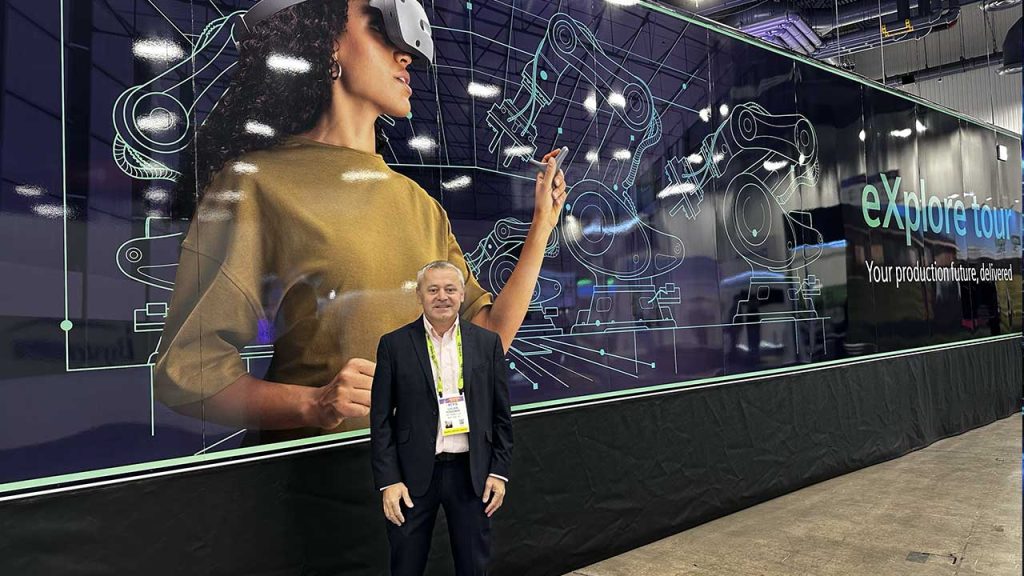
Embracing AI-Driven Decision Making in Manufacturing
When people talk about AI in manufacturing, the conversation often jumps straight to results. But in a recent interview with Alec Glenn of JSW Steel USA and Karthikeyan Natarajan of Infinite Uptime, we decided to get…
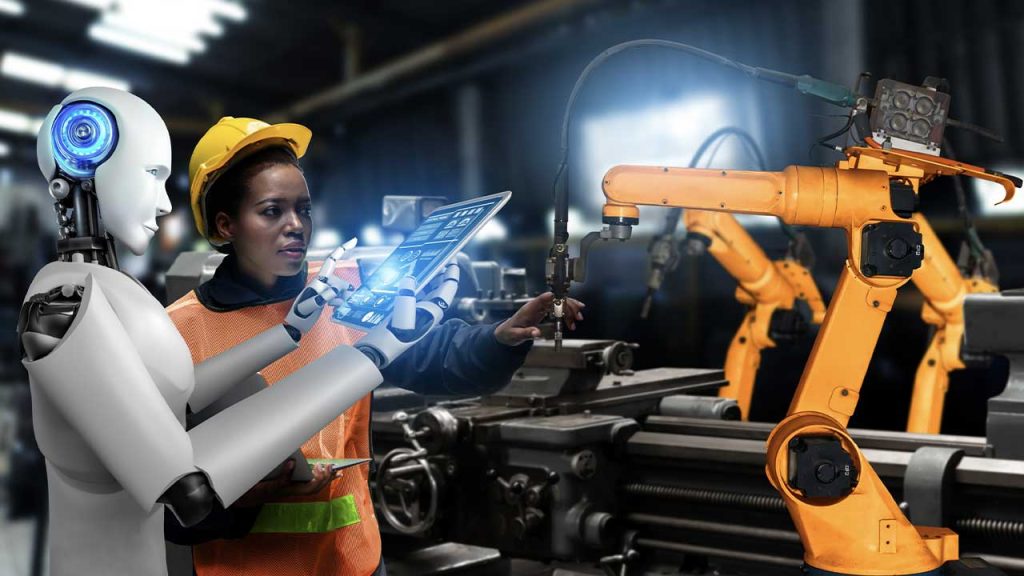
What Manufacturing Leaders Misjudged About AI in 2025
In 2025, many manufacturers implemented artificial intelligence across forecasting, logistics, and supplier risk scoring, expecting breakthroughs. By year-end, though, a pattern had emerged: AI improved awareness and decision support, but it did not eliminate uncertainty or deliver…

The Path to Autonomous Manufacturing: Prescriptive AI Meets Guaranteed Outcomes
Manufacturing plants face a persistent challenge: bridging the gap between monitoring equipment and improving production outcomes. While sensors and dashboards flood facilities with data, most solutions stop at detection, leaving operators to figure out what happens…
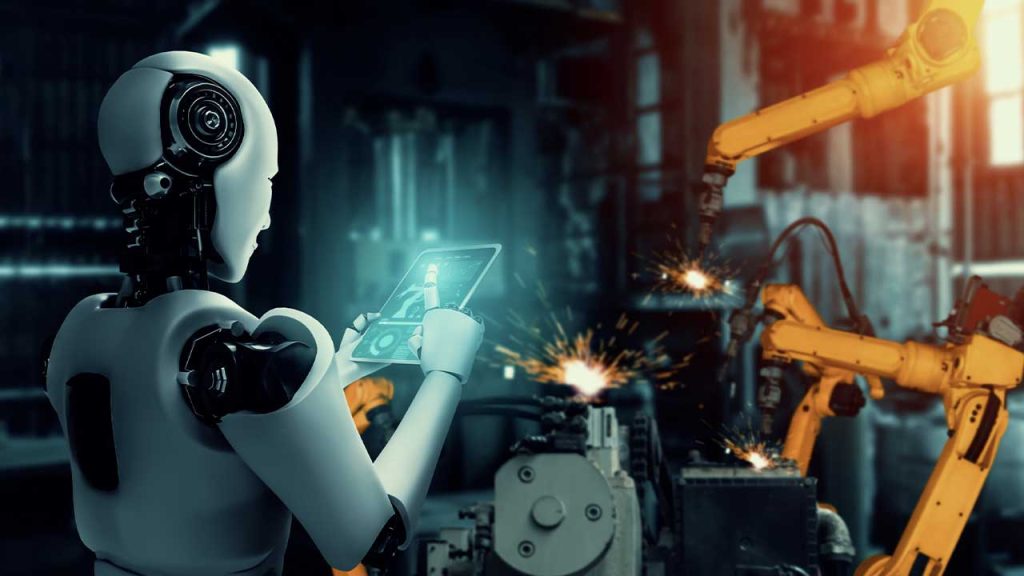
Scaling AI-driven reliability in process manufacturing: culture first, then code
AI, prescriptive maintenance, and edge analytics are reshaping how process plants run. Yet the gap between a successful pilot and full-scale impact rarely closes on technology alone. The differentiators are culture, operating model, and data foundations.Build…
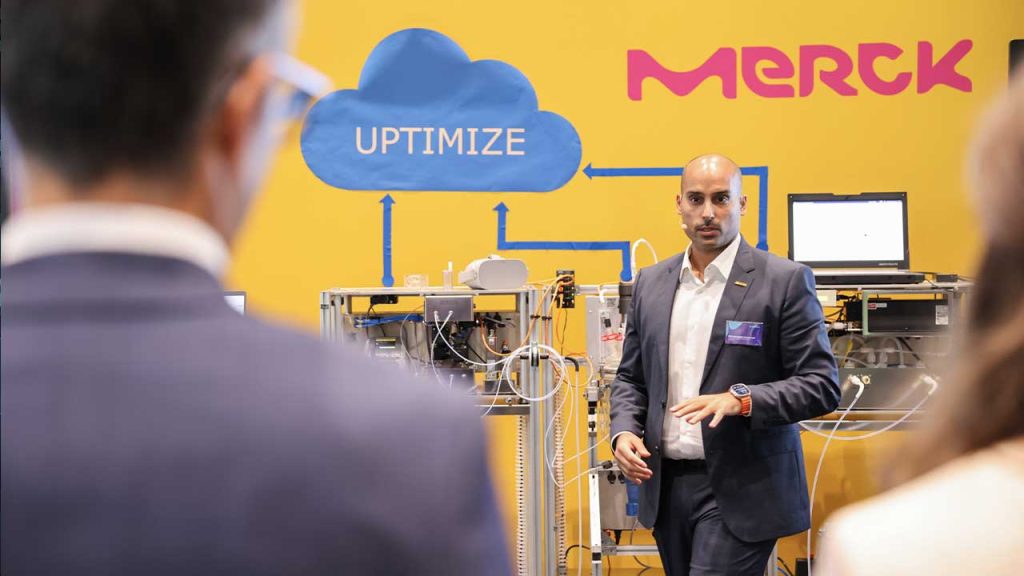
Inside Merck’s smart manufacturing revolution
An in depth conversation with Michelangelo Canzoneri, Global Head of Group Smart Manufacturing at Merck KGaA, Darmstadt, GermanyInterview by Jan BurianHeadquartered in Darmstadt, Germany, Merck employs around 65,000 people in 66 countries, contributing to both the…
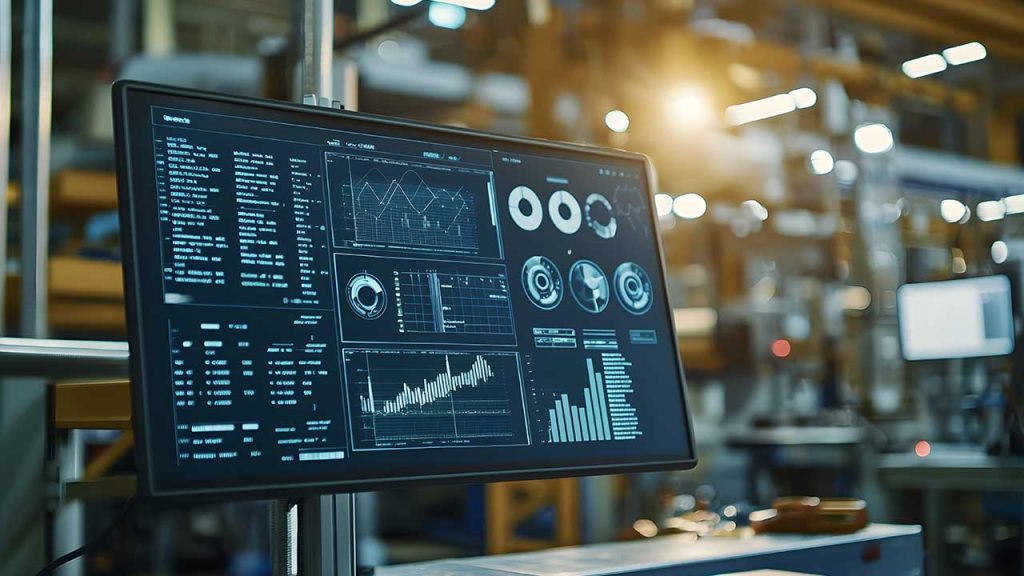
Beyond Dashboards: Manufacturers Want Predictive Data, Not Pretty Graphs
Walk into any modern factory and you’ll see walls of dashboards. Vibration graphs, torque curves, temperature plots, even “traffic-light” alarms glowing red or green. It looks sophisticated — until a critical press fails and the line…

Building Digital Reliability: Why Your Maintenance Strategy Needs External Expertise
The manufacturing sector faces a persistent tension: should organizations build all digital capabilities in-house or leverage external partners? The answer, increasingly, is neither—it’s both, strategically combined.The Cost of Doing Everything YourselfMany industrial leaders assume that maintaining…

What Makes Digital Investments in Industry Actually Pay Off
Every industrial company is under pressure to “go digital.” But not every investment creates value—and in manufacturing, complexity can spread faster than clarity.According to Amit Khanna, Vice President of Business Excellence at Tata Steel Thailand, the real challenge…
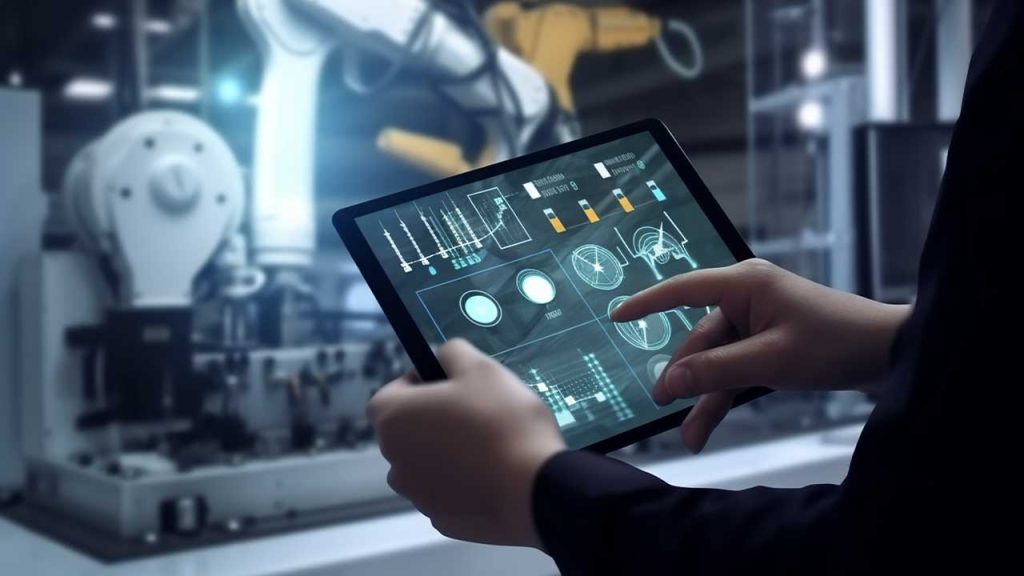
Real-Time Data Plumbing: The Hidden Cost of Scaling Predictive Analytics
When manufacturers discuss predictive analytics, the focus often jumps straight to machine learning models or AI. But as the panel “Predict, Prevent, Optimize: Real Results from Augmented Industrial Data” made clear, the biggest challenge isn’t the math—it’s…
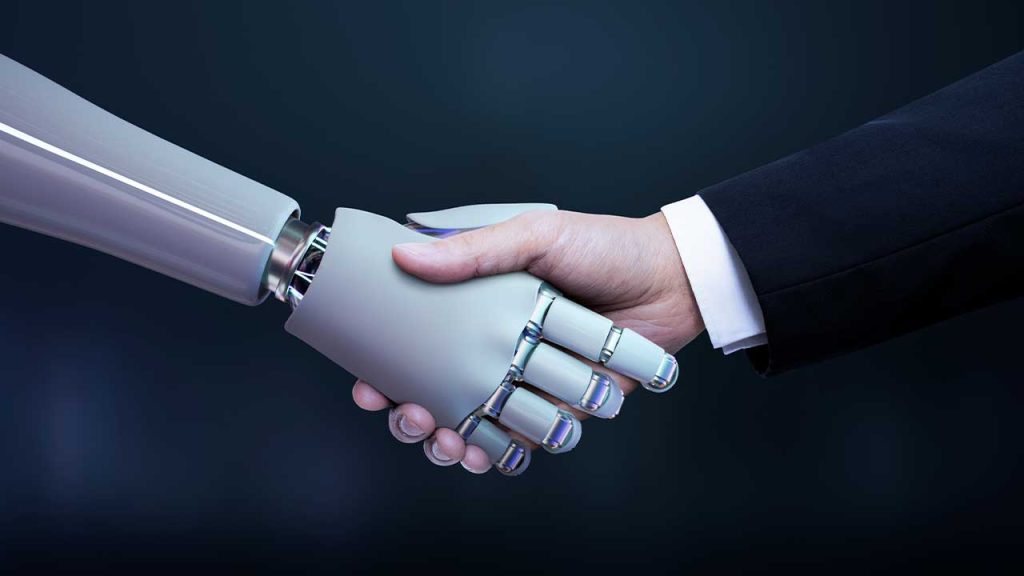
Trust, Security, and Human Factors in Agentic AI
Autonomous AI on the factory floor is not just a technical challenge — it’s a human one. Operators want to know they can trust the system. Executives need accountability. Security teams demand resilience. At the “Agentic AI…
